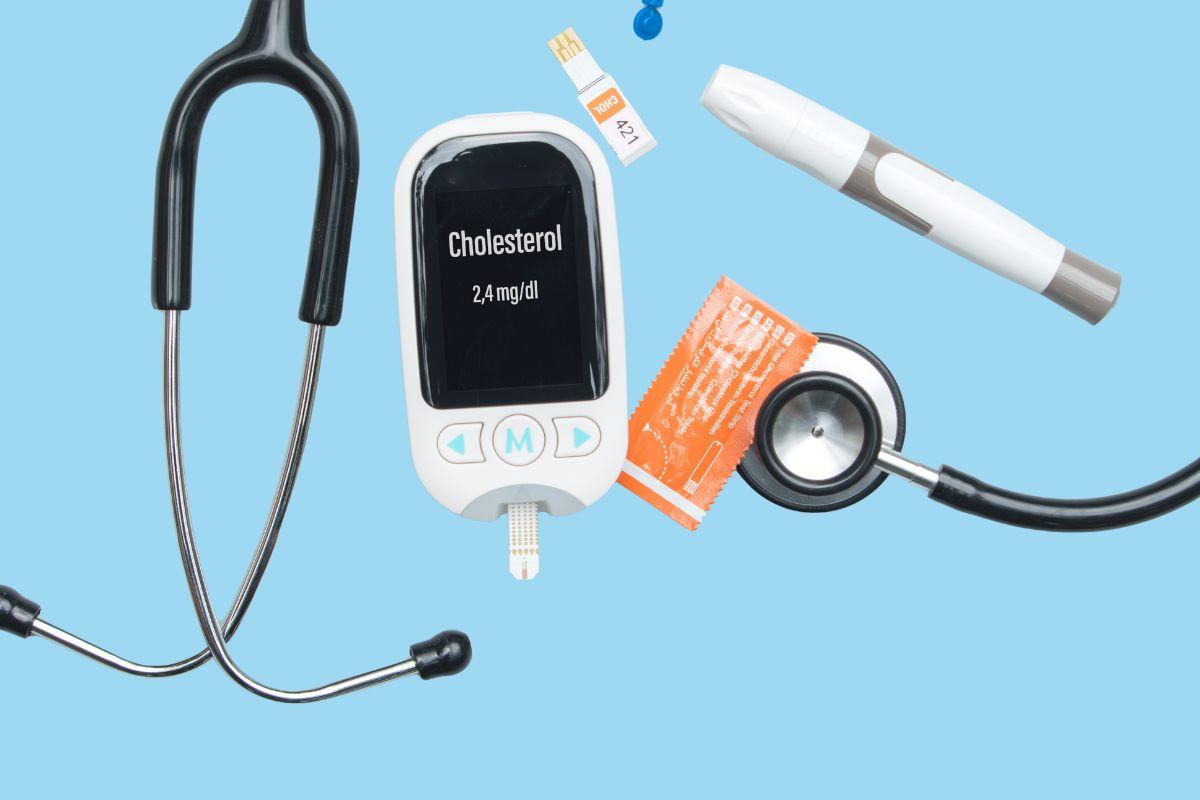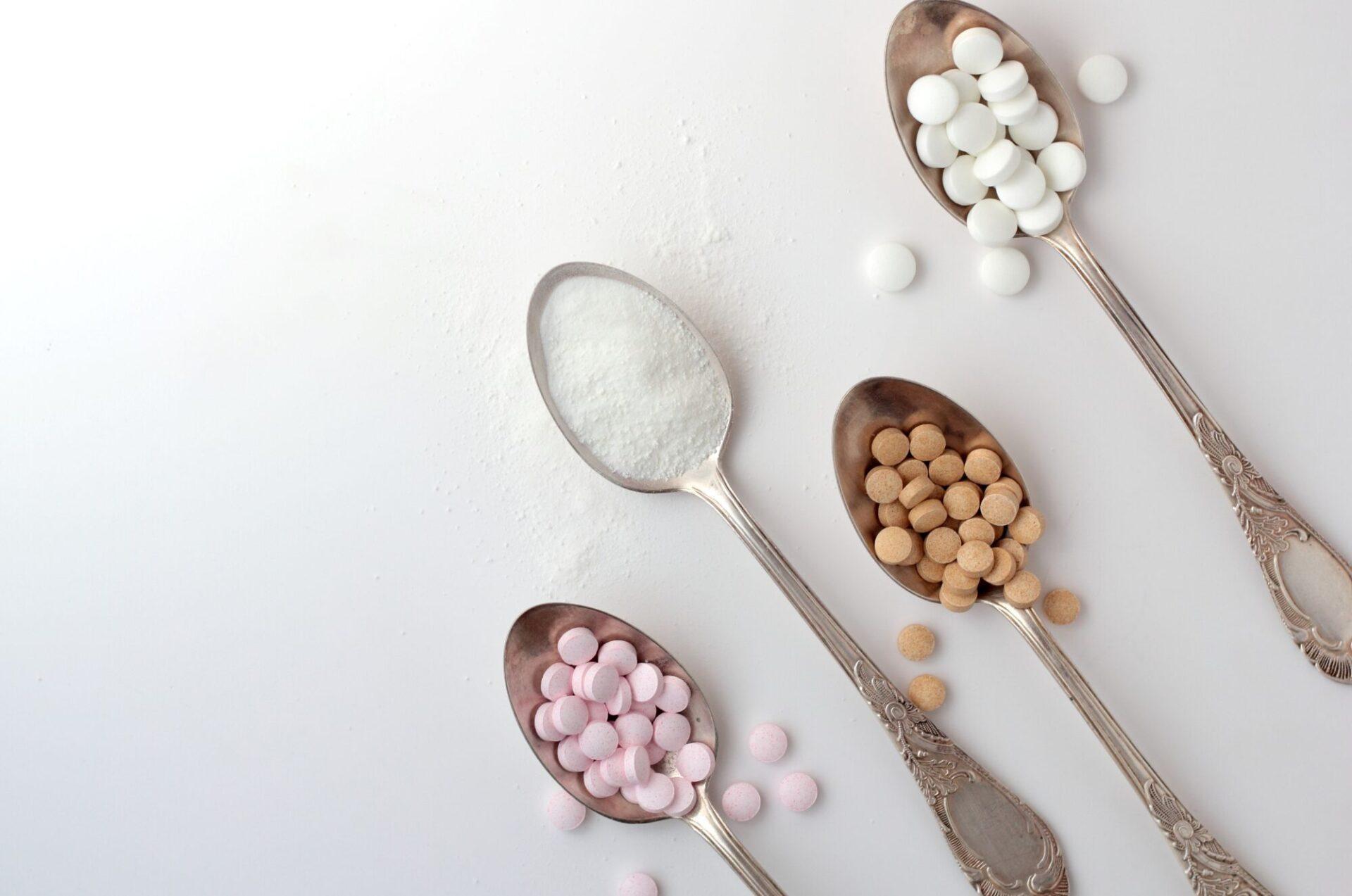High cholesterol is a major risk factor for heart disease and stroke. Nowadays, statins are among the most studied and effective medications for lowering cholesterol. Understanding how statins work helps patients feel confident about taking them, cardiologists and GPs are willing to assist you. Doctify connects patients with cardiologists and GPs who can guide cholesterol management safely.
Fact 1: Statins lower “Bad” cholesterol and protect the heart
Statins work by blocking an enzyme in the liver, which is the key enzyme for producing cholesterol. Think of the enzyme as a factory worker that turns a raw ingredient into new LDL cholesterol. Statins essentially block this worker, causing the factory to slow down its production of new cholesterol. Because the liver is making less cholesterol, it then starts to pull more “bad” LDL cholesterol out of your bloodstream to get what it needs, which lowers your overall cholesterol levels. Lower LDL has many benefits, it reduces plaque buildup in arteries, improving circulation and decreases heart attack risk.
Fact 2: They also raise “Good” cholesterol
Statins can modestly increase HDL (good) cholesterol, which helps clear LDL from the bloodstream. A better cholesterol balance supports long-term heart health by having a good ratio of “good” HDL cholesterol to “bad” LDL cholesterol and triglycerides, which helps prevent plaque buildup in arteries and reduces the risk of heart disease.
Fact 3: Not everyone with high cholesterol needs statins
Lifestyle changes such as diet, exercise, and quitting smoking and alcohol consumption may be tried first. On the other hand, doctors recommend statins for those with:
- Heart disease or prior stroke.
- Diabetes and additional risk factors.
- Persistently high cholesterol despite lifestyle changes.
Fact 4: There are different types of statins
The most common options are atorvastatin, simvastatin, rosuvastatin, and pravastatin. The choice between one and another will depend on the health history, side effects, and treatment goals. Also, dosing and response vary between patients, treatment is individualised.
Fact 5: Statins work best alongside lifestyle changes
Statins are most effective when combined with lifestyle changes like:
- A heart-healthy diet rich in fibre, fruit, and vegetables.
- Regular exercise and maintaining a healthy weight.
- Avoiding excess alcohol and processed foods.
Fact 6: Side effects are usually mild and temporary
The common side effects can be: muscle aches, fatigue, or mild digestive issues. While serious effects (like liver inflammation) are rare, patients should be monitored through periodic blood tests. Nevertheless, there is nothing to be worried about, most patients tolerate statins well with careful medical supervision.
Fact 7: Routine blood tests help keep you safe
Routine blood tests are fundamental when taking statins, doctors will check liver function and cholesterol levels before and during treatment. Monitoring ensures the dose remains safe and effective.
Fact 8: Don’t stop taking statins without medical advice
Stopping suddenly can cause cholesterol to rise again. Always discuss side effects or concerns with your GP — alternatives or dose adjustments may be available, but suddenly stopping the medication without medical advice is not a good choice.
Fact 9: Myths About statins are common but misleading
Many people believe in myths about statins, for example: “Statins damage the liver permanently” — false, most effects are reversible. Another one common is: “Once you start, you can never stop” — false, some patients transition off under supervision. Scientific evidence supports statin safety for the majority of patients.
Fact 10: statins can save lives
Multiple researches and studies show that statins reduce heart attacks, strokes, and cardiovascular deaths. It is evident that benefits far outweigh risks for those at moderate or high cardiovascular risk.
When to see a doctor about cholesterol
Contact a GP or cardiologist if:
- You have a family history of heart disease, diabetes, or persistently high cholesterol.
- You will like to have a lipid panel and assess your 10-year risk of heart problems.
We invite you to use Doctify to book a consultation with a verified cardiologist or GP.
Conclusion
Statins remain a cornerstone of heart health and cholesterol management, statins are among the most studied and effective medications for lowering cholesterol. Combined with good habits and regular check-ups, they help prevent serious cardiovascular disease. Statins are most effective when combined with lifestyle changes like: a heart-healthy diet rich in fibre, fruit, and vegetables, regular exercise and maintaining a healthy weight, and avoiding excess alcohol and processed foods. Supported and personalised care are available by us. Find trusted heart specialists on Doctify today.
Find the right specialist for you. Doctify uses verified reviews so you can make the best decision for your healthcare.

Feel free to consult a cardiologist through Doctify for personalised advice whenever you want, we will be happy to help you! Find the best cardiologist in the United Kingdom or search for the best specialists globally:




